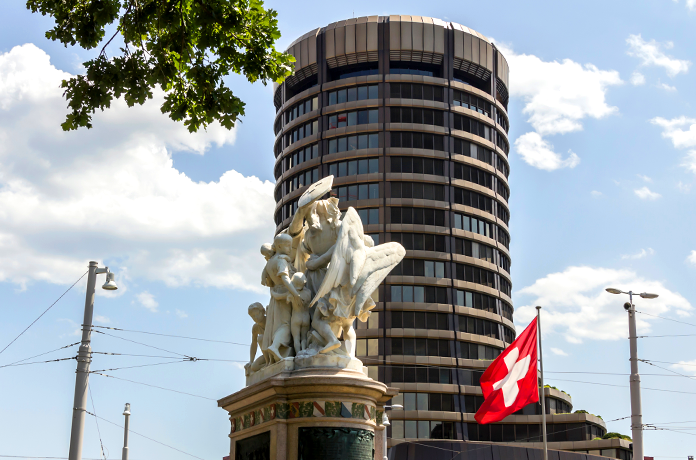Eight leading financial trade associations have called on the Basel Committee on Banking Supervision (BCBS) to pause and reassess its prudential framework for cryptoasset exposures, citing disproportionate capital treatment and outdated assumptions.
In a joint letter dated 19 August 2025, the coalition—known as The Joint Trades—argued that the Cryptoasset Exposures Standard (SCO60), due to take effect in January 2026, risks entrenching a bifurcated market structure by pushing innovation outside the regulated banking sector.
“The uniquely conservative treatment in the Cryptoasset Standard is entrenching a bifurcated market structure—not because of risk, but because of regulatory design,” the letter states. It warns that banks may be disincentivised from participating in crypto markets, undermining financial stability and consumer protection.
The signatories—including the Global Financial Markets Association (GFMA), Institute of International Finance (IIF), and International Swaps and Derivatives Association (ISDA)—highlight the punitive “cliff-effect” embedded in SCO60.8–SCO60.19, where cryptoassets failing to meet certain criteria face disproportionately high capital charges.
Allison Parent, executive director of GFMA, signed the letter alongside other senior representatives, urging the BCBS to adopt a “technology-neutral, proportionate and risk-sensitive” approach. The coalition also released a supporting report, The Impact of DLT in Capital Markets, detailing how distributed ledger technology is reshaping securities issuance, collateral management, and fund operations.
The letter concludes with a call for updated analysis and stakeholder engagement to ensure the framework reflects current market realities. “We believe a temporary pause is necessary to recalibrate the standard in light of recent developments,” it states.
The BCBS has yet to formally respond.



